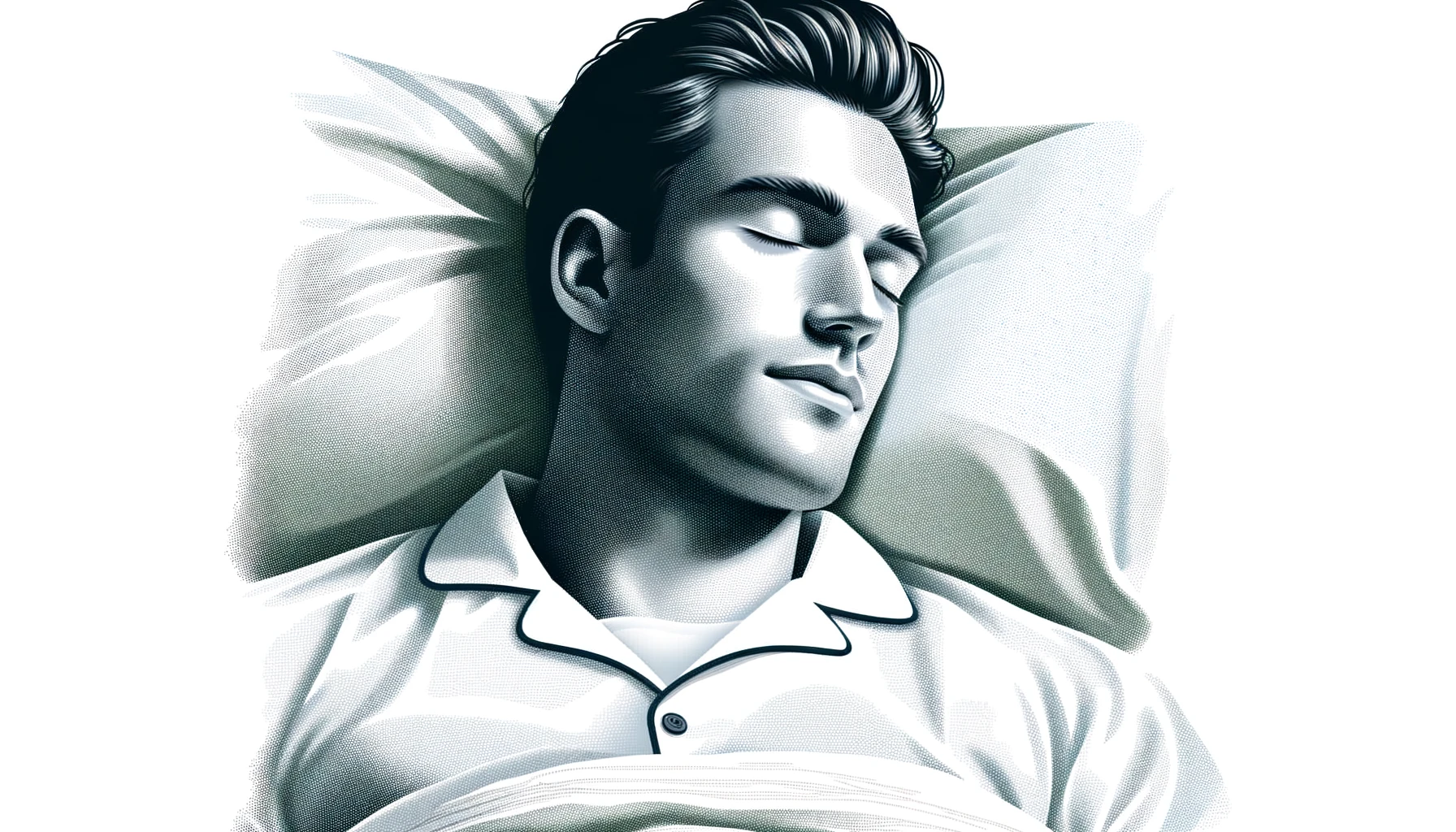Sharing is caring!
To be more productive, you can “will” yourself into doing more work. Unfortunately, most people try to use the same approach when it comes to sleep. They try to “will” themselves into having a good sleep.
But sleep is an unconscious psychological process.
Even though you can make your body get used to waking up and falling asleep at a particular time, there’s no guarantee you will follow that rhyme every single day.
And if you don’t understand this simple truth and you attempt to will yourself to sleep every day, you fall into what psychologists call “Sleep Paradox.”
And just two or three consecutive days of forcing yourself to sleep could lead to a chain of bad nights and low productive days.
That said, here are three subtle things you probably didn’t know were quietly causing you to have a bad night’s rest, according to experts.
Forcing a fixed bedtime
You’ve probably read many articles that encourage you to have a fixed time for going to bed. But this advice has one flaw: What if you’re not feeling sleepy at that time you always go to bed?
There are going to be days when your body won’t be ready to go to sleep at that time. Why? Different factors lead to different sleep times on different days.
Factors like the amount of sunlight you got, the intensity of your work day, screen time, etc.
According to Brandon Peters, MD, a neurologist, and sleep medicine specialist, forcing yourself to fall asleep because you want to go to bed at the same time every day could lead to the opposite effect. It could even lead to insomnia in some cases. In his words:
“If you crawl into bed feeling fatigued, but not sleepy, this may not result in sleep. Instead, you may be setting yourself up for insomnia.”
Why is this the case?
Well, according to Brandon, when you go to bed without feeling sleepy, it means you won’t have the drive to sleep when you get to bed. This means lying in bed for a longer period, waiting for sleep to come.
Soon, you’ll start forcing yourself to sleep, thereby making yourself stay awake even longer hours. And this cycle can easily mess with your circadian rhythm. To avoid this, Dr. Brandon advised in his conclusion,
“Train yourself to go to bed when you are feeling sleepy, not because the clock says it is time to sleep or because you are fatigued.”
[Related: 5 Fun Things To Do At Night When You’re Alone And Bored]
Sleeping in

You’ve probably heard of the term “Social jetlag.” It was introduced by the German researcher Till Roennenberg in 2006. And it is used to describe the effects of irregular sleep patterns that happen — especially — because of different weekdays and weekend sleep routines.
The most common cause of social jetlag is our tendency to wake up early on weekdays but decide to sleep in on weekends.
This is understandable, as most people will want to get all the sleep they think they lost during the week on weekends.
But this habit has bad consequences on your sleep. As Dr. Brandon put it, “Lying awake for prolonged periods in the morning can be detrimental.” Why?
When you force yourself to go back to sleep after you’re already awake — or after your alarm rings — you mess with your circadian rhythm.
Since you’ve conditioned yourself to sleep until 8:30 am on the weekend, switching up this rhythm to wake by 6:30 am on Monday could make you feel stressed or have mood swings, especially at the beginning of your week.
Trying to force-stop your thoughts
I’ve also been in this most dreaded situation:
You’re in bed, awake by midnight, unable to fall asleep because you have thoughts running through your mind.
It’s like mental diarrhea; you can’t stop it even if you try to. And the harder you try to control it, the worse it becomes.
To make it worse, you get frustrated and angry at yourself for being so worried. The night is running out, and you have to get ready for work by 6:30 am. So you try harder to shut down the noise in your head.
This is a classic sleep mistake everyone has fallen into at some point. I have tried two solutions, and one has proven to always work.
The first: Stay in bed, and try to shut down all your thoughts. But you only realized this didn’t work after another 45 minutes of falling deep into another line of thought.
The second: Get out of bed and come back when you feel sleepy (or relaxed again). You can take a walk to the sitting room and just sit down by yourself.
This will take you out of that desperate and anxious position of fighting to fall asleep, and help you relax. Just make sure to avoid the blue lights.
Final words
I’ve come across articles even going up to 20 Habits That Make You Fall Asleep. That’s a lot. If you’re going to do 20 things before sleeping every night, you probably won’t be able to fall asleep.
Most people try to approach sleep with a productive mindset. But maybe the most important factor in falling asleep is letting your body do what it already wants to. With sleep, the more you interfere, the harder it becomes.
Furthermore, you’ll likely get different amounts of sleep on different days. The body knows what it needs. Don’t try to force it by trying to fall asleep by a particular time.
[Also read: Three Simple Habits That Make You Sleep Better According to Experts]
Sharing is caring!
